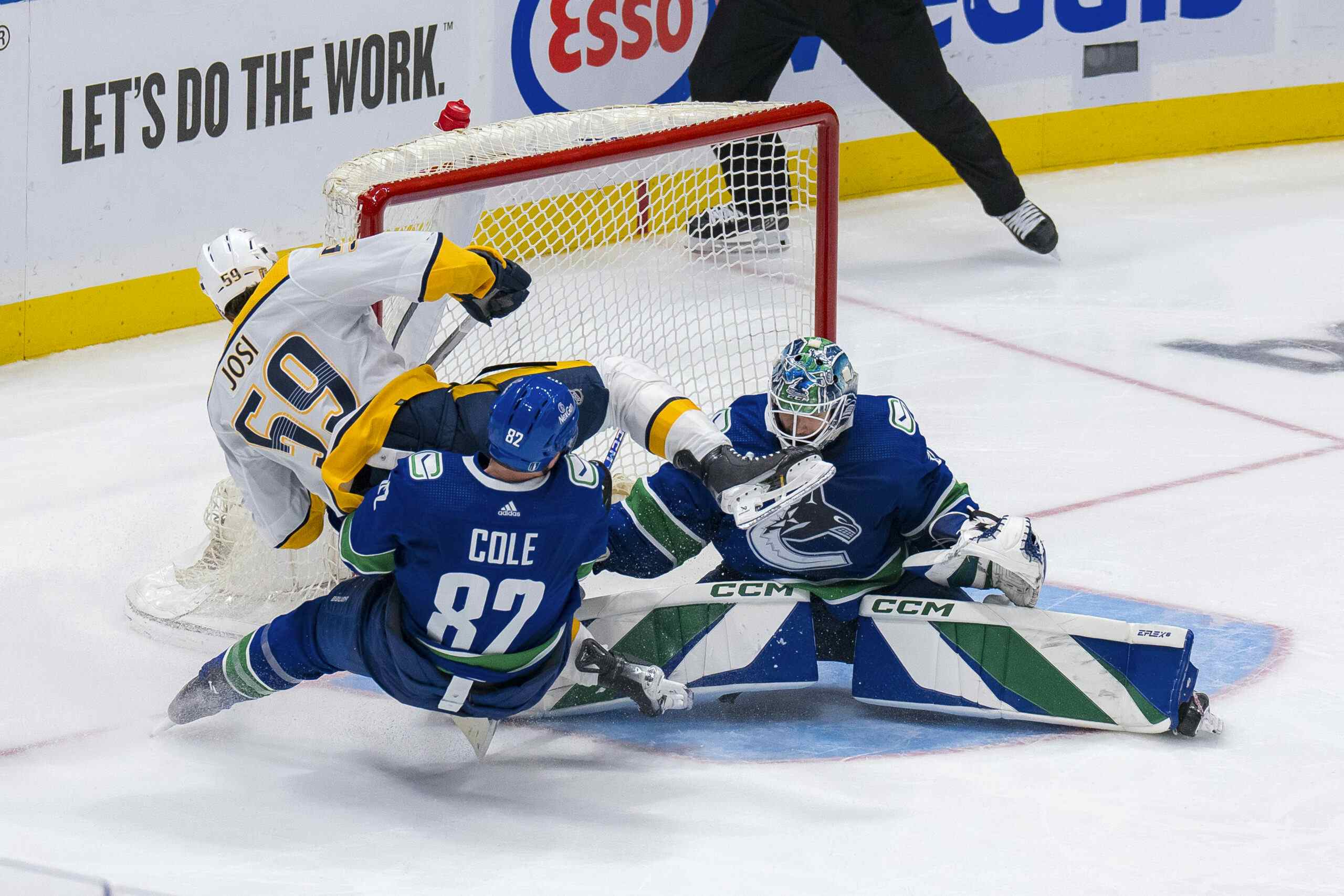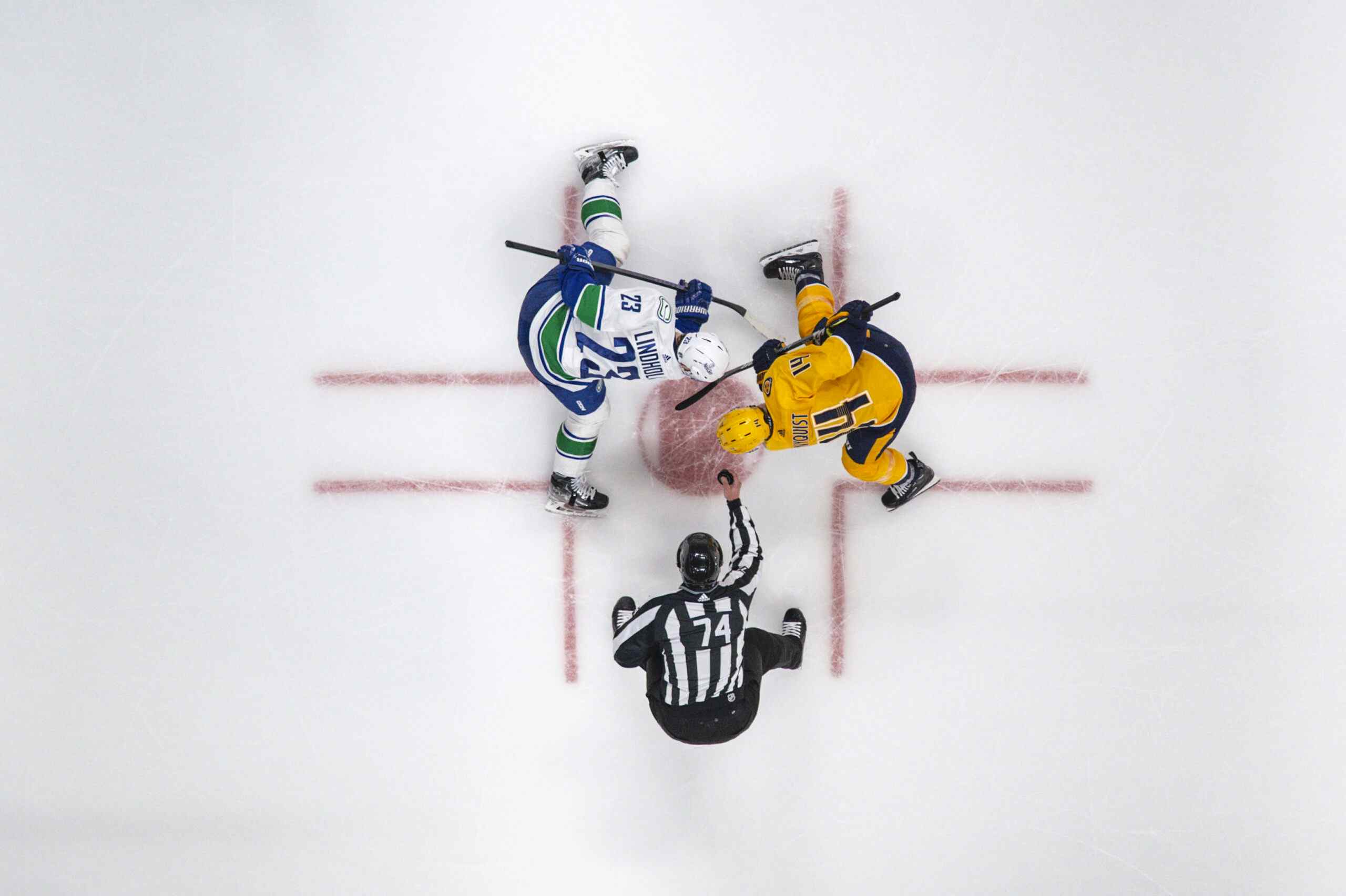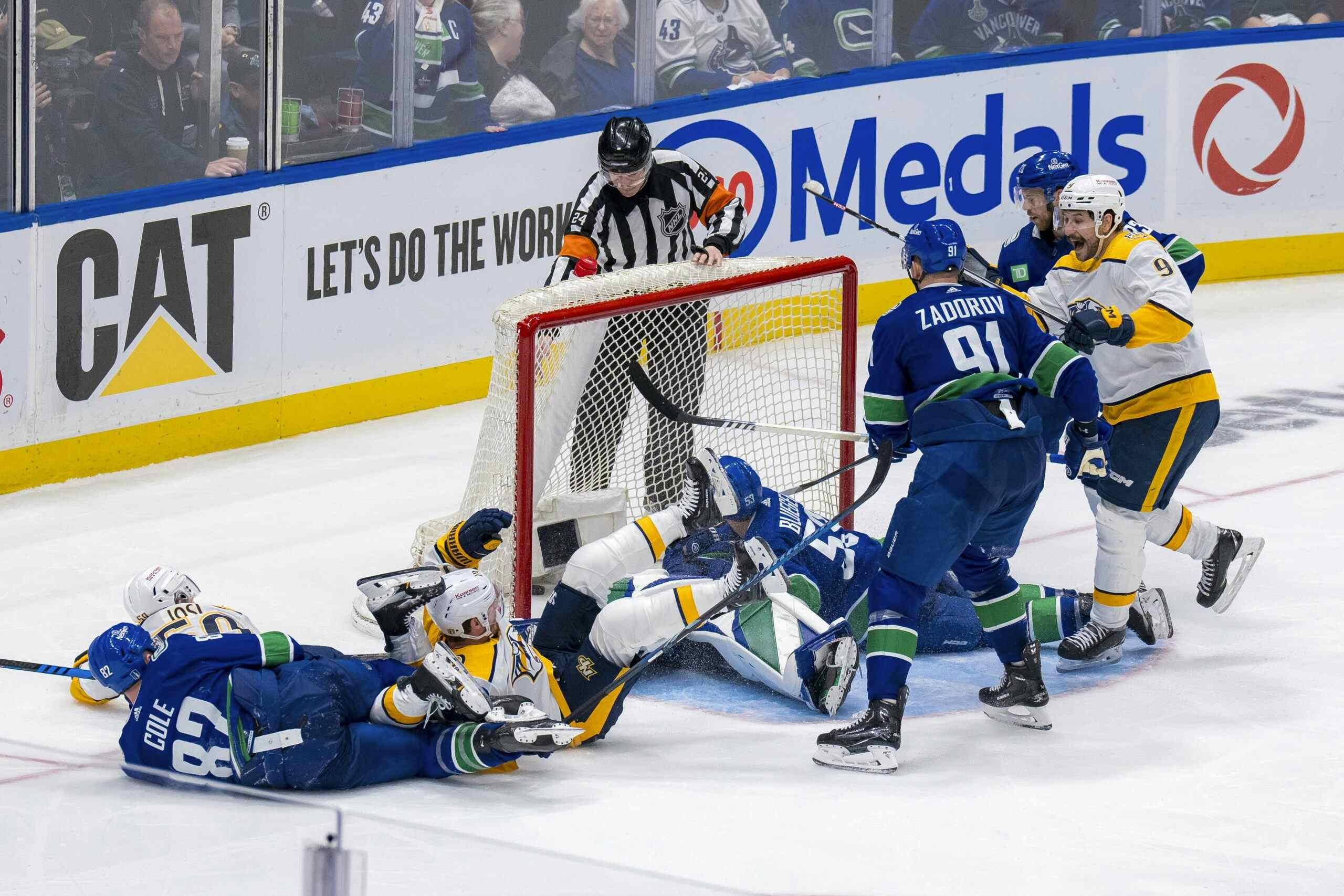The Athletic Saint
It is too often said that athletes who are ethically suspect run the risk of morally corrupting their fans and audience. We judge and condemn the athlete – from Shane O’Brien’s late nights at the Roxy or Kyle Wellwood’s weight gain, to Tiger Wood’s sexual infidelities – for not being moral saints. They have a particular responsibility, we say, to provide a higher standard for all of us to follow and admire. But I’d like to turn the tables and ask us all the following:
My own opinion is that the idolization of the athletic saint often harms our own personal development. Most importantly, we have no connection to them. The image of a 25 year old professional hockey player who never touches a drink or of a (formerly) squeeky-clean family-man golfer, is not an image of reality and humanity we can completely understand, and so never authentically strive for.
We might actually wonder, is the morally perfect athlete sometimes too good for his own good? After all, too many moral virtues might crowd out all of his other non-moral qualities, the sort of personal characteristics that we think contribute to a healthy, well-rounded, developed character – the sort of character, we might think, we really ought to admire and look up to.
Often is it the defects and vices, the various shades of grey, in people that help us to grow and understand ourselves more fully, not their pithy maxims and distant and unreachable images.
Recent articles from Kristian Urstad






